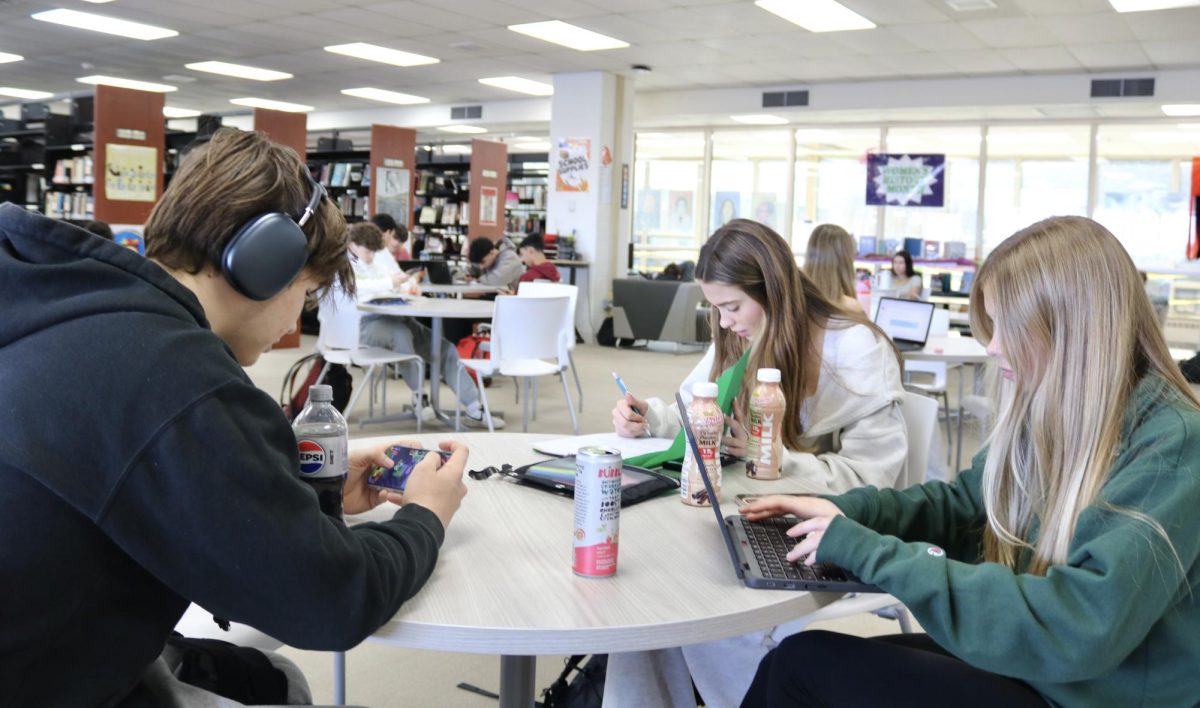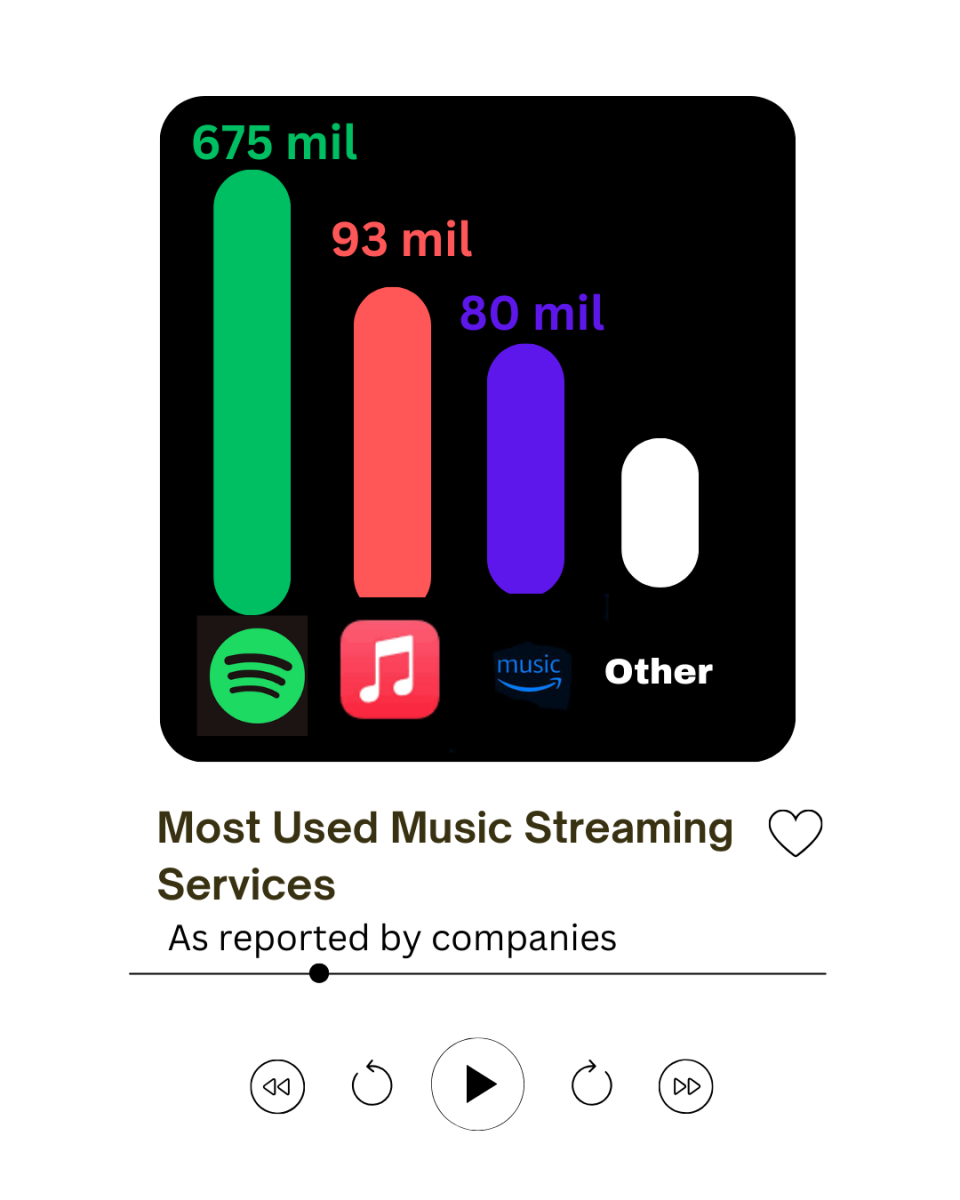The loo, the pot, the water closet, the golden throne. No matter how you say it, you use it.
With the additions of new gender-neutral bathrooms at LHS, there are now even more bathrooms accessible to students. However, why add more bathrooms if students are not always allowed to use them when they need to the most?
In school, an emphasis is placed into teaching students how to maintain a healthy lifestyle. We are told to eat healthily and drink plenty of water to stay hydrated; however, once what we consume needs to leave our bodies, we are often asked to consider whether it is an emergency or not.
There is no rule in the student handbook that describes any policy for using the restroom during class time. In result of the lack of a general rule, it is up to each teacher’s discretion whether a student is allowed to use the bathroom during class. Some are flexible with letting students go, while others make their own classroom policies with little tolerance of bathroom usage.
The DOI staff believes that every student should have the right to use the bathroom when necessary as we do not have complete control over our bodily functions. It should not be up to each teacher to make the determination whether or not a student really needs to use the bathroom. They do not share a universal bladder with all of the students in the classroom, so how is it they can be able to determine whether we really need to go or not?
Many DOI members agreed that it is demoralizing for a student to ask to use the bathroom only to be questioned in return whether if it is an emergency or not. Students may not always feel comfortable explaining personal situations to their teacher and entire class of peers. At one point or another, situations do arise that require attention. Most commonly for the ladies, who may have a surprise shark-week attack, some personal issues need to be addressed as quickly as possible.
If a student leaves to use the restroom, it is his or her own fault for missing lesson time. It is also put on them to learn the missed content; it is not expected for the teacher to re-teach everything the student missed.
Often it can be more harmful to a student’s education to wait 50 minutes to use the bathroom rather than leaving for a few minutes during class to relieve the pressure. When holding it in, DOI students expressed that all their mind is set on is holding it in, not on the content currently being taught in class.
Teachers’ individual policies vary class to class. Some allow a student to leave whenever they feel the need to without asking, while others attempt to minimize the usage of bathrooms by attaching extra credit for leaving class as little as possible.
As a staff, DOI believes that attaching a reward to not using the bathroom is highly unreasonable. Some teachers’ methods have included giving a specific amount of bathroom passes to a student that double as extra credit. The passes can be exchanged for a single trip to the restroom, or if not used, can be exchanged for a set number of extra credit points. Why should refraining from a natural bodily function be capable of receiving a reward?
The DOI staff concluded that teachers should be obligated to allow students to use the bathroom whenever needed and when the time is appropriate. However, it would be respectful to let the teacher know that you will be out of the classroom, both to be polite and also for safety reasons to know where students are in case of a school emergency.
If a student continues to abuse the freedom, then the teacher can speak individually with that student and find a solution. However, the staff expressed from experience that with more freedom to go when we feel the urge will result in less abuse of leaving class only for the sake of leaving. If we leave, chances are we are not abusing privileges, but rather making sure our waste ends up in the appropriate space.















![Senior River Thompson joins the Jazz Ensemble by singing “That Old Black Magic” by Mercer and Arlen Arr. Mark Taylor, along with senior Annie Brody on guitar and junior Thomas Teixeira on bass, earning big applause. “[The concert had] great energy because it's the last [jazz concert] of the year,” Brody said.](https://www.lhsdoi.com/wp-content/uploads/2025/04/Eight-That-Old-Black-Magic-1200x800.jpg)
![Mr. Abullh Ali, manager/assistant, helps open Queen Yemeni Coffee in downtown Libertyville at 606 North Milwaukee Ave. With the help of employees such as manager and LHS senior Yousef Taha, they are able to bring the Yemeni and Ethiopian culture to Libertyville by using their Queen spices, cinnamon and cardamom in their drinks such as Adani Chai, which is inspired by Sheda, the Queen of Yemen and Ethiopia. “The history of our coffee [is] a long history and we believe that Yemen and Ethiopia started the coffee and we are bringing something unique to the community,” Mr. Ali said.](https://www.lhsdoi.com/wp-content/uploads/2025/04/Photo-1-1200x800.jpg)




